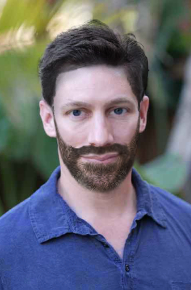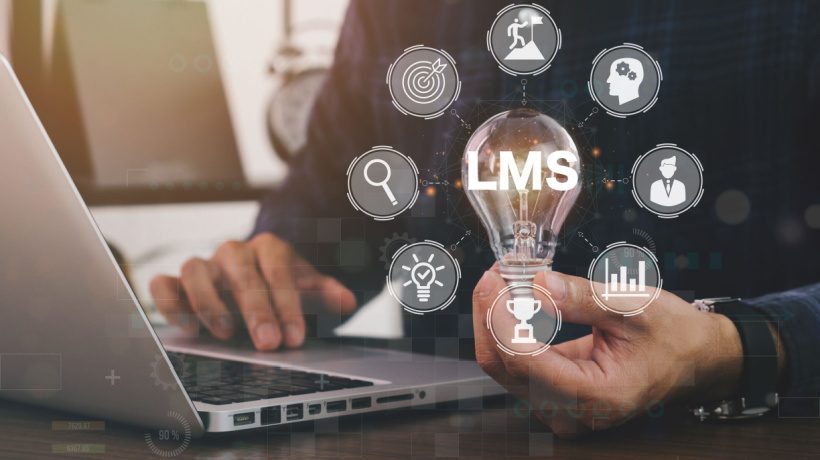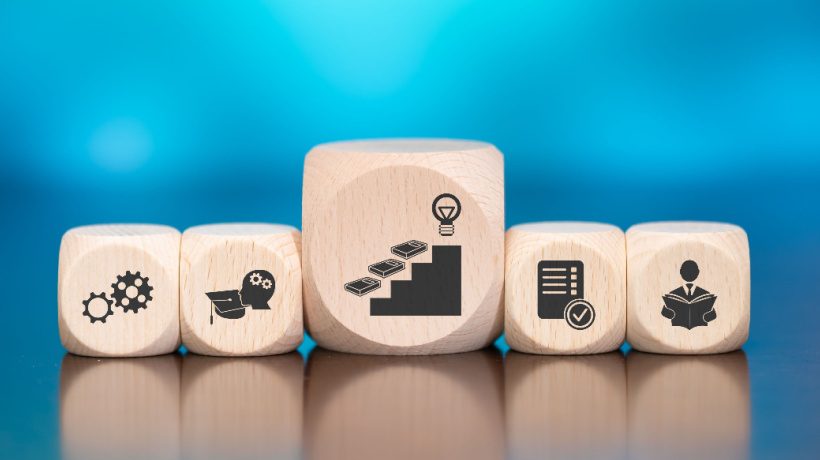Self-Knowledge For Professional Development
The influence of COVID-19 on your business could be either catastrophic or transformative. While business is not as usual and many people are working remotely, online professional development is rapidly filling the gap and allows individuals to grow on personal and professional levels. This is a great opportunity for any business.
Ideally, professional development should be informative, engaging and transformative. We learn best when the information is relevant to us and we are engaged on many levels (visual, auditory, intellectual, emotional). We are most likely to use what we have learned if it correlates with what we perceive as being "in balance" with who we want to be. The more we experience our work environment as in balance with who we think we are, the higher our job satisfaction, productivity, and overall wellbeing.
One of the reasons that professional development outcomes often fall short of our expectations is that we do not always know who we are. We try to live life by following social norms as best as we can, and we suppress the emotions and thought patterns that do not correlate with these norms. This can even be you if you see yourself as "The Rebel"! The unacknowledged parts of ourselves contain information that would help us be more in tune with work and life if we were aware of it. Knowing ourselves at the level of our emotions is emotional intelligence. Knowing ourselves on the level of our thinking patterns and belief systems is self-awareness or self-knowledge. Thinking gives rise to emotion, so self-awareness or self-knowledge will improve emotional intelligence as well.
Thinking Is A Function Of The Human Mind
Our thoughts are an interpretation of the perceived world from moment to moment. Thought continuously goes on in the background of our awareness. It dictates how we respond to the world around us and how we act in different situations.
We all share a large amount of the same basic thinking processes, yet we experience our thoughts as intensely personal. The thinking that is happening throughout our day reflects who we think we are. As this thinking informs our actions, we operate within the confines of our identity. We tend to repeat actions that we have filed in memory as successful in some way, and avoid what didn’t serve us. Interestingly enough, our memory banks often interpret "successful" and "serving" in strange ways. For example, we might repeat actions that we and everyone else consider unhelpful and self-defeating, like being late for work. As long as we don’t understand in which way these self-defeating actions do indeed serve our perceived identity we will find it very hard to change. As a result, a large percentage of Americans are either unengaged or disengaged [1] at their work. We believe we want this work, while actually, we don’t.
This undercurrent of unhappiness feeds a whole industry of self-development courses and practices outside of the work environment. Mostly self-development is perceived as strictly not-work. The main messages that feed the self-development industry are how to achieve happiness, know who you are, and find or manifest your life purpose. All of these goals could be fantastic drivers to develop exciting workplace culture, elicit constant and ongoing development, and support happy employees. On an individual level, these goals can only be achieved from a place of self-knowledge. As long as we are not in touch with our drives and motivations, and familiar with our perceived identity, we will continue to be unfulfilled, unhappy, and unengaged. We might find momentary solace in a different job, but only until our ingrained patterns catch up with us again.
Inquiry And Mindfulness Are Simple And Powerful Tools For Getting To Know Ourselves On A Deeper Level And Can Be A Basis For Effective Personal And Professional Development
Mindfulness requires slowing down and paying attention to ourselves and our environment. We become familiar with our thinking patterns. We become familiar with our stresses. We start to understand what drives us, what is good for us and what isn’t. Inquiry (The Work Of Byron Katie) allows us to specifically question the thoughts that unbalance us and undo their power. Through the practice of Inquiry, we begin to see our part in every challenging situation. We can take responsibility for our work environment, our choices and performance at work, and our lives.
The Practice Of Mindfulness
Mindfulness is a joyous practice. All it requires is paying attention to the moment as it presents itself. The easiest way of doing that is to start with the breath. Breathing in and noticing the air flowing into the body, the movement of the body. Breathing out, and keeping awareness on the breath. The biggest obstacle to a regular practice of mindfulness is our thinking (once again) of "not having the time." However, mindfulness can have an impact if only practiced for a few minutes several times a day. Have a reminder on your phone for one minute only. Get ready to laugh at the insanity of your mind telling you that you don’t have time for this right now when your timer goes off—you don’t have 1 minute (that’s about 6-8 breaths). You can also be mindful of drinking your tea, of your hands on your keyboard, the ringing of the telephone. Notice the body, the breath, the thoughts, and emotions. Internal and external world are linked. Bring your full attention to them. If you do this for a few minutes you will experience a sense of joy and calm. Right there, at work.
The Practice Of Inquiry
In Inquiry, we investigate the validity of a specific stressful thought by using 4 questions and turnarounds. We write the thought down to keep our mind from changing it halfway through the process, then ask:
- Is it true?
- Can I absolutely know this is true?
- How do I react, what happens, when I believe this thought?
- Who would I be without this thought?
We then turn the thought around to its opposites and find examples of how these could also be true. For an example of how to use Inquiry for a specific work situation, read my previous article on developing leadership soft skills through Inquiry.
The process of Inquiry allows us to get to know ourselves. We interact with our thinking, our emotional triggers, and our behaviors. Inquiry opens our minds to different possibilities of action and different truths. We find our wisdom specific to the situation at hand. We become more open, inclusive, and less judgmental. Our mind develops agile characteristics. We grow ourselves up. We develop ourselves.
Personal Wellbeing And Self-Development Abilities Should Be Regarded As Professional Competencies
Of course, not every professional development course can incorporate personal process work. Individual growth takes time and repeated interactions with a process and new ideas. However, the benefits of mature, agile and engaged staff at your workplace could be immense, especially if you are trying to stay or become a thriving entity in this fast-paced coming century. Right now, in these weeks when it isn’t business as usual, we have the opportunity to include personal wellbeing and self-awareness strategies as professional development into remote personnel work hours. This opportunity is one of the gifts in the challenge we are facing.
References:
[1] Gallup Daily: U.S. Employee Engagement









